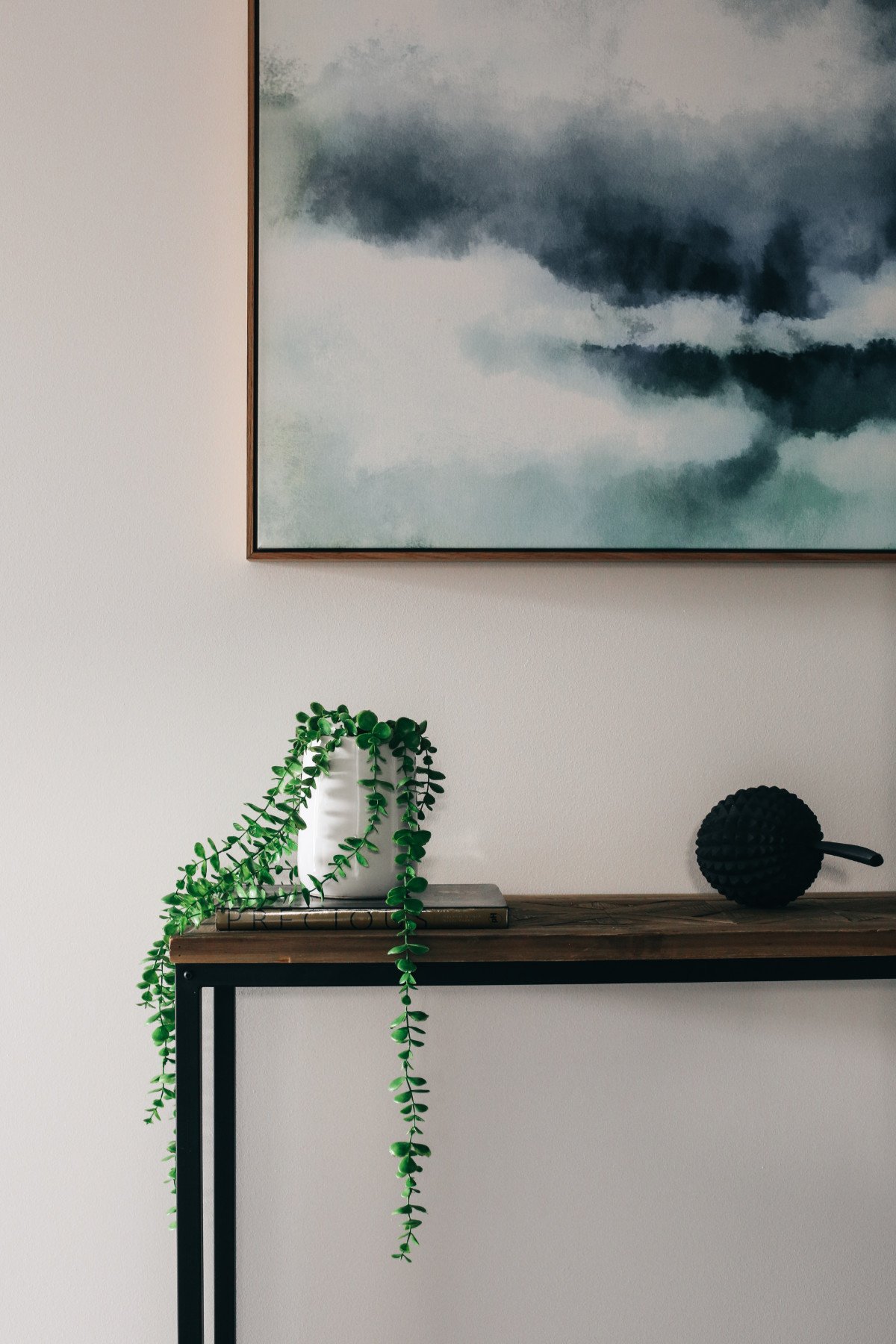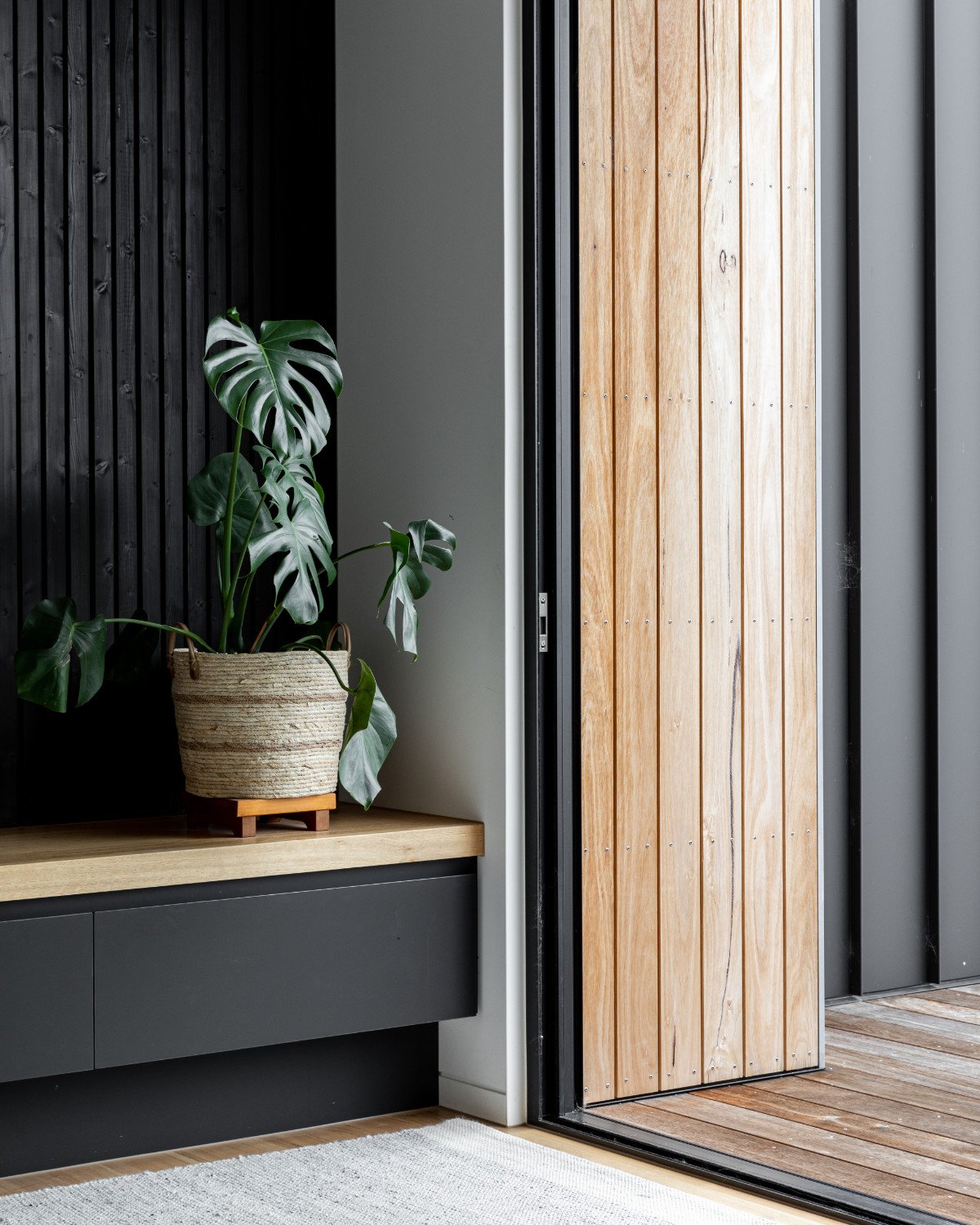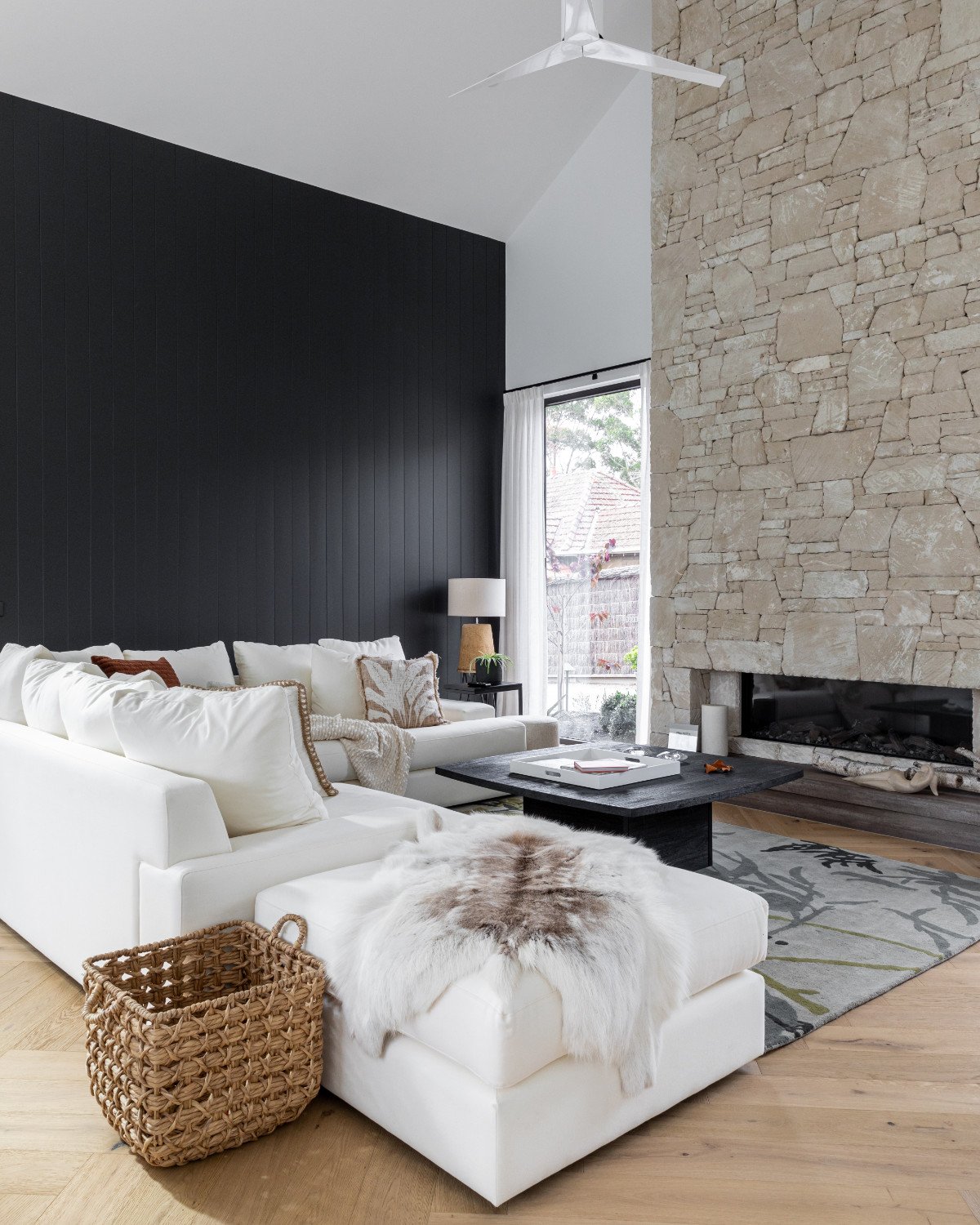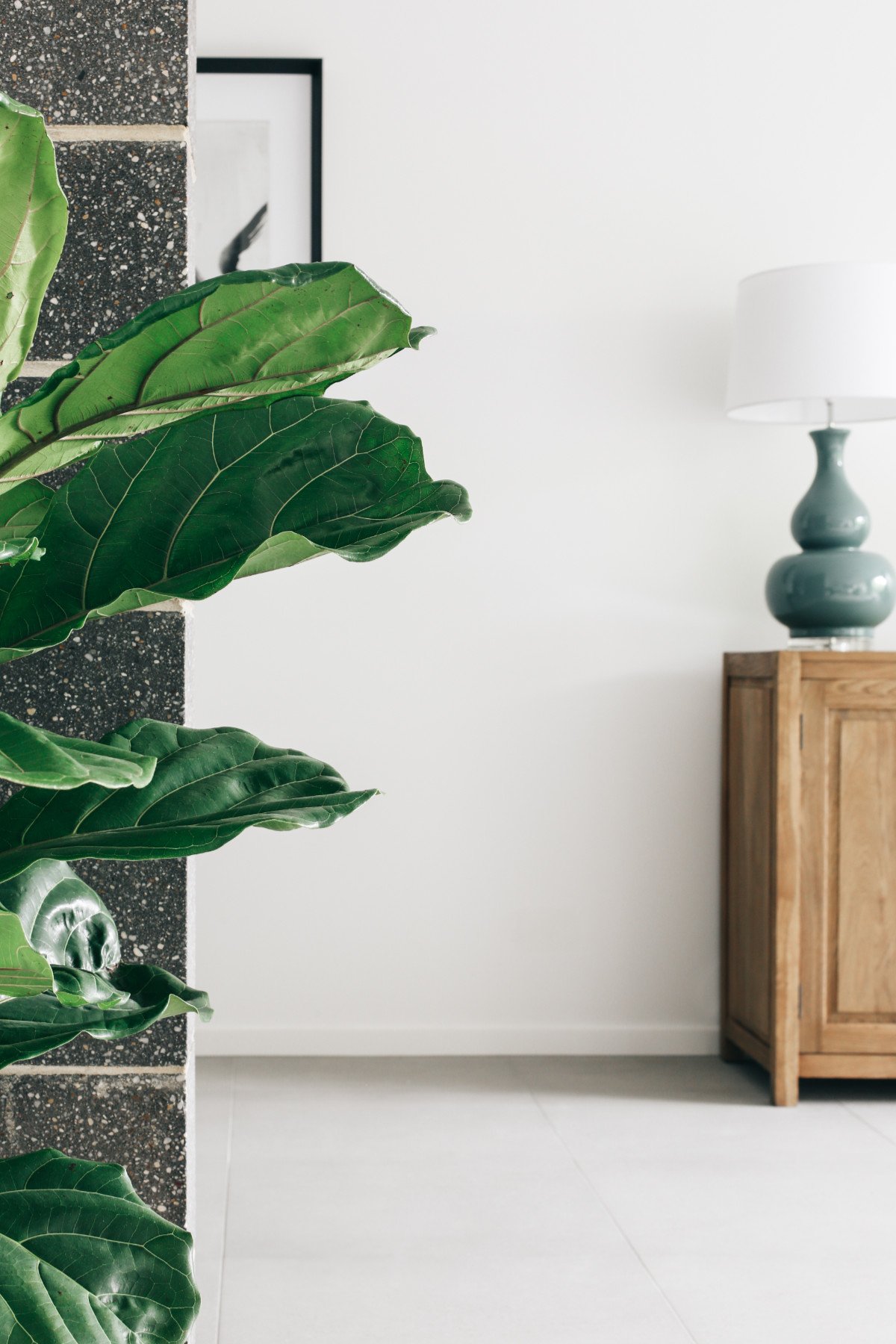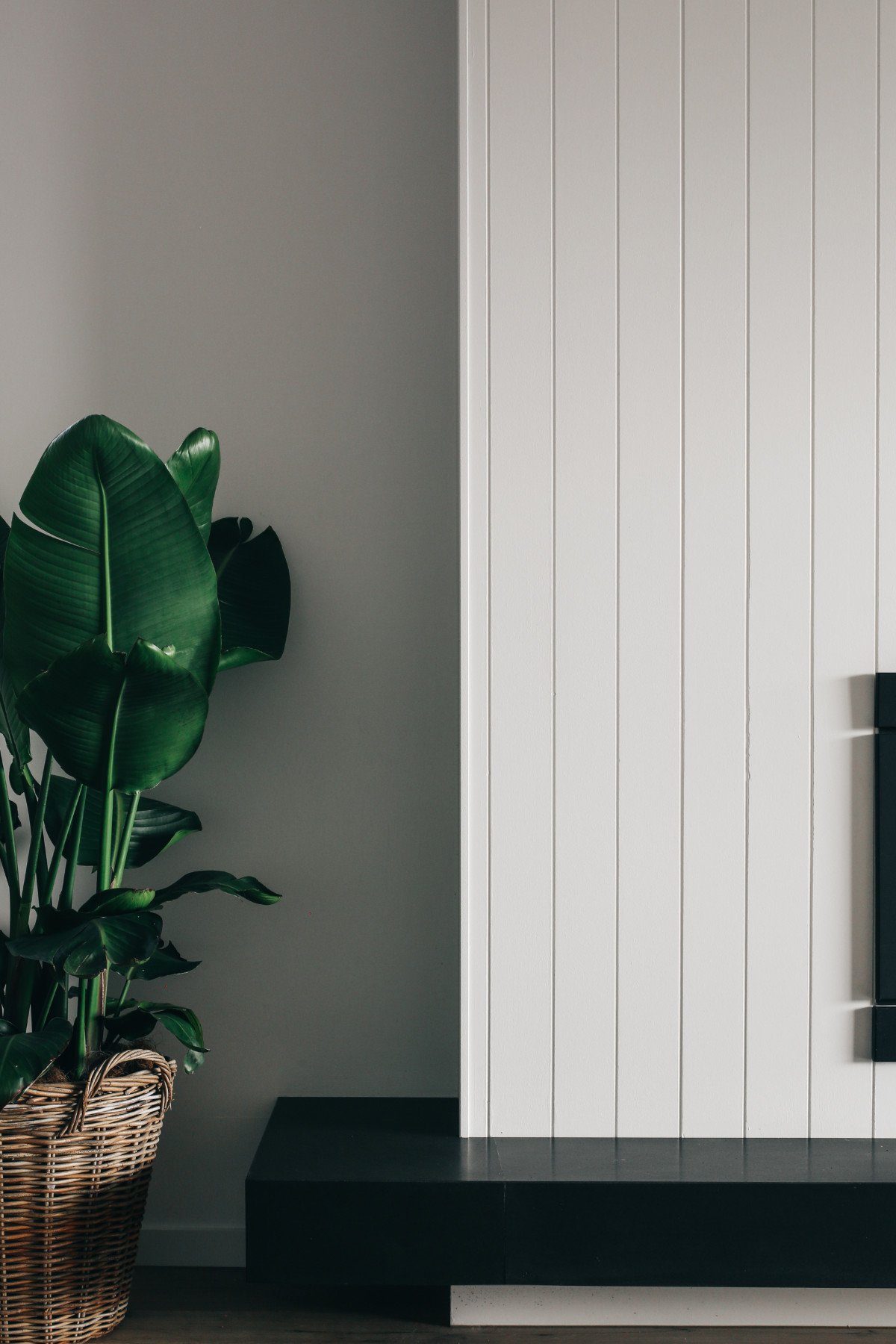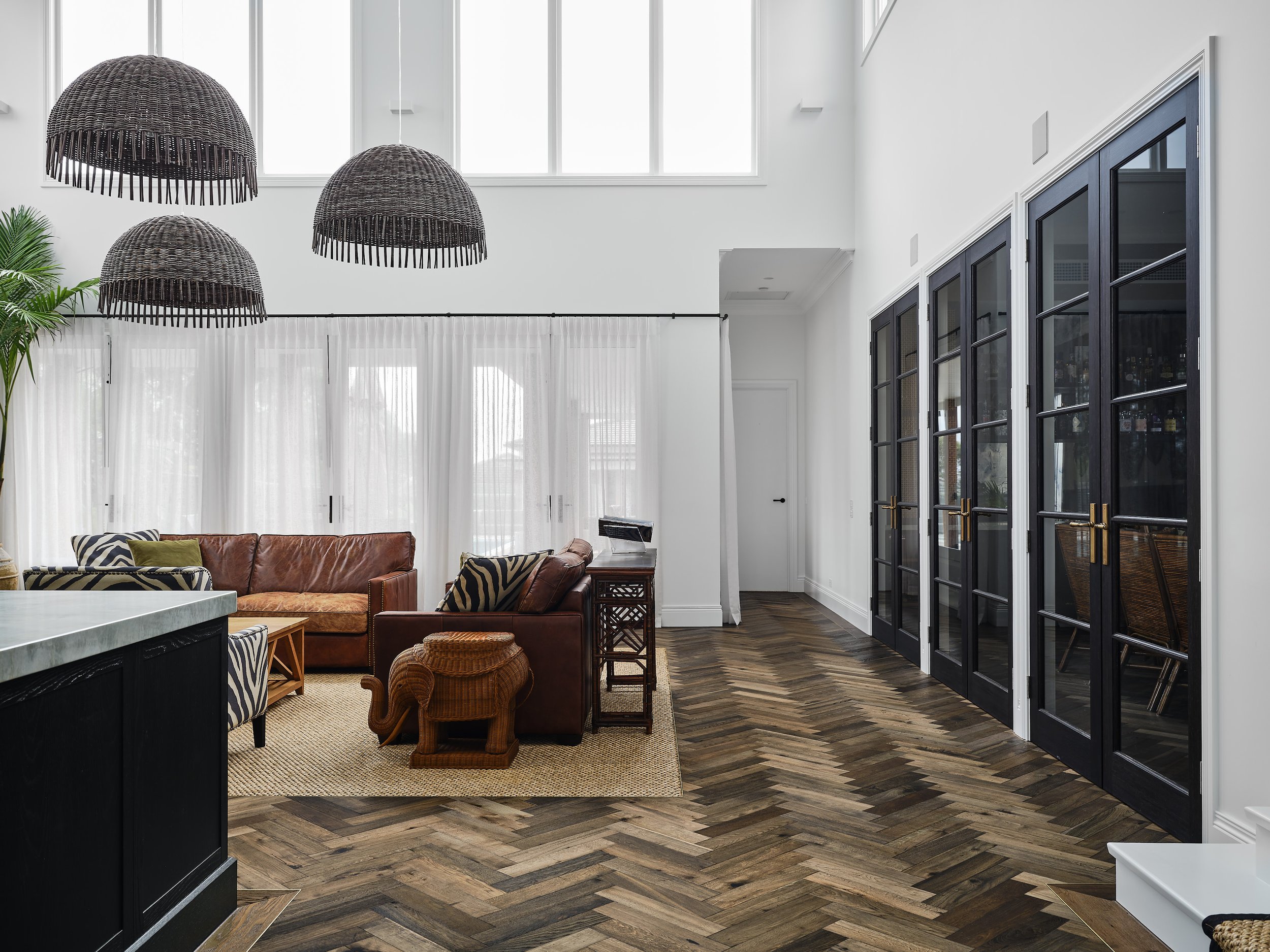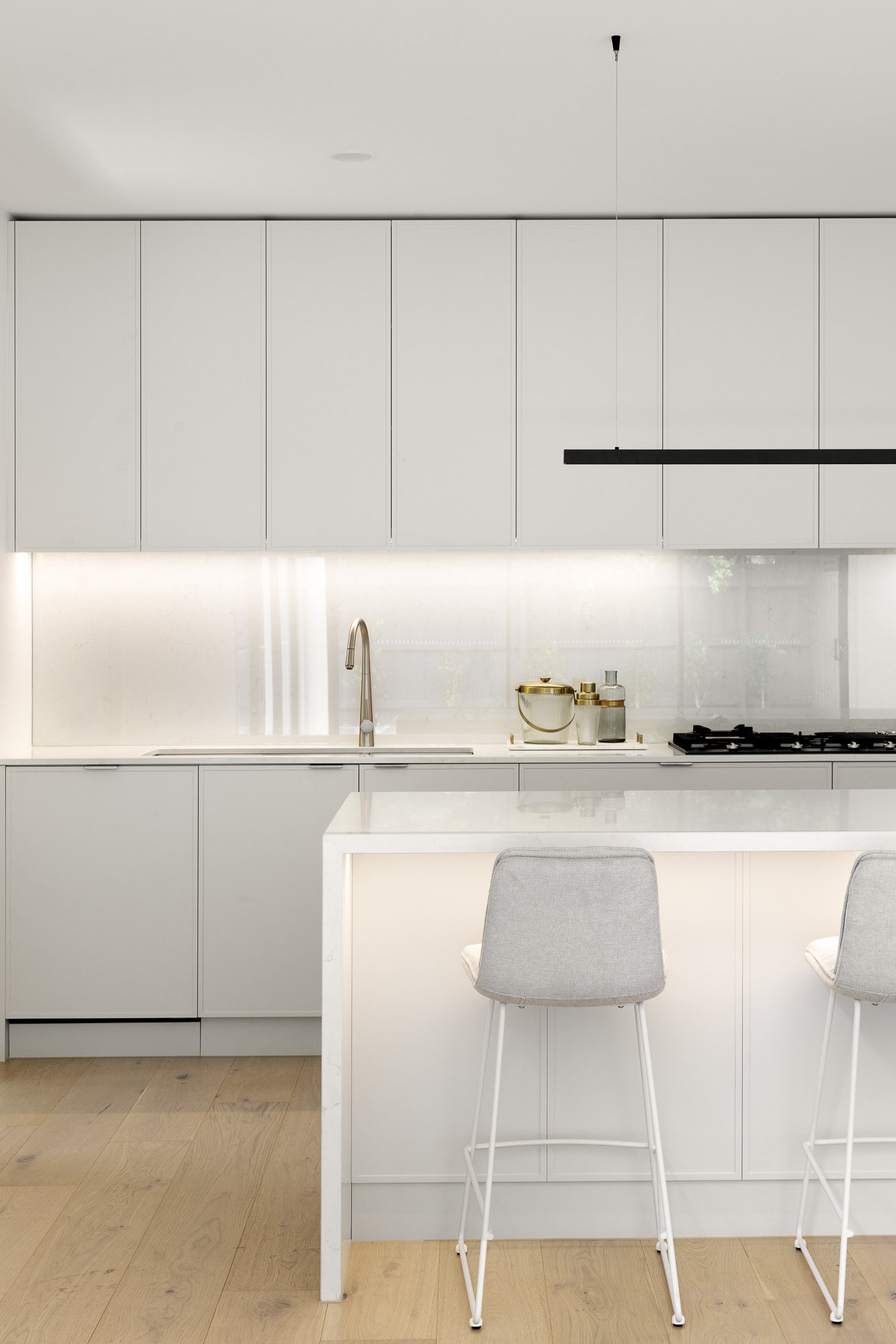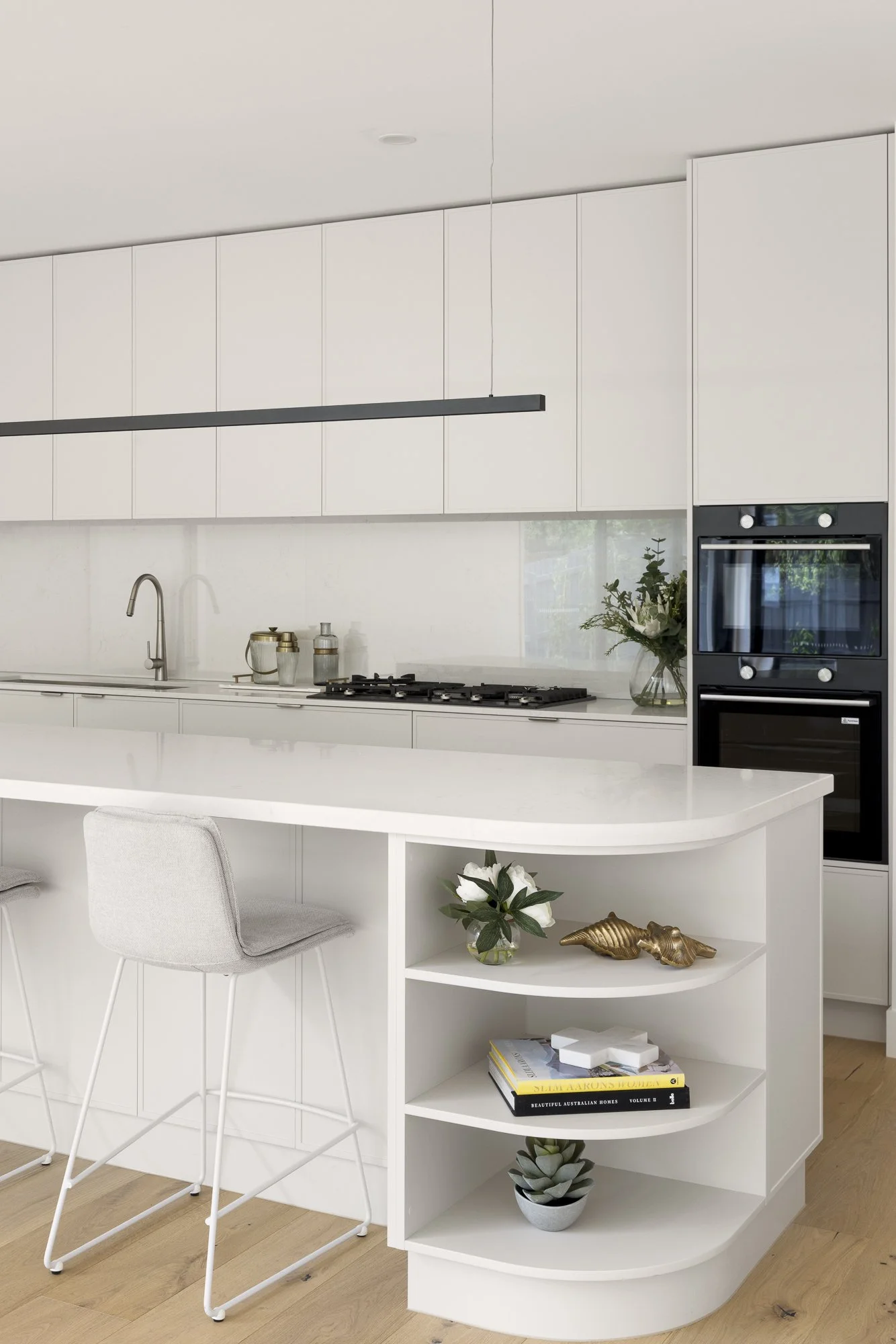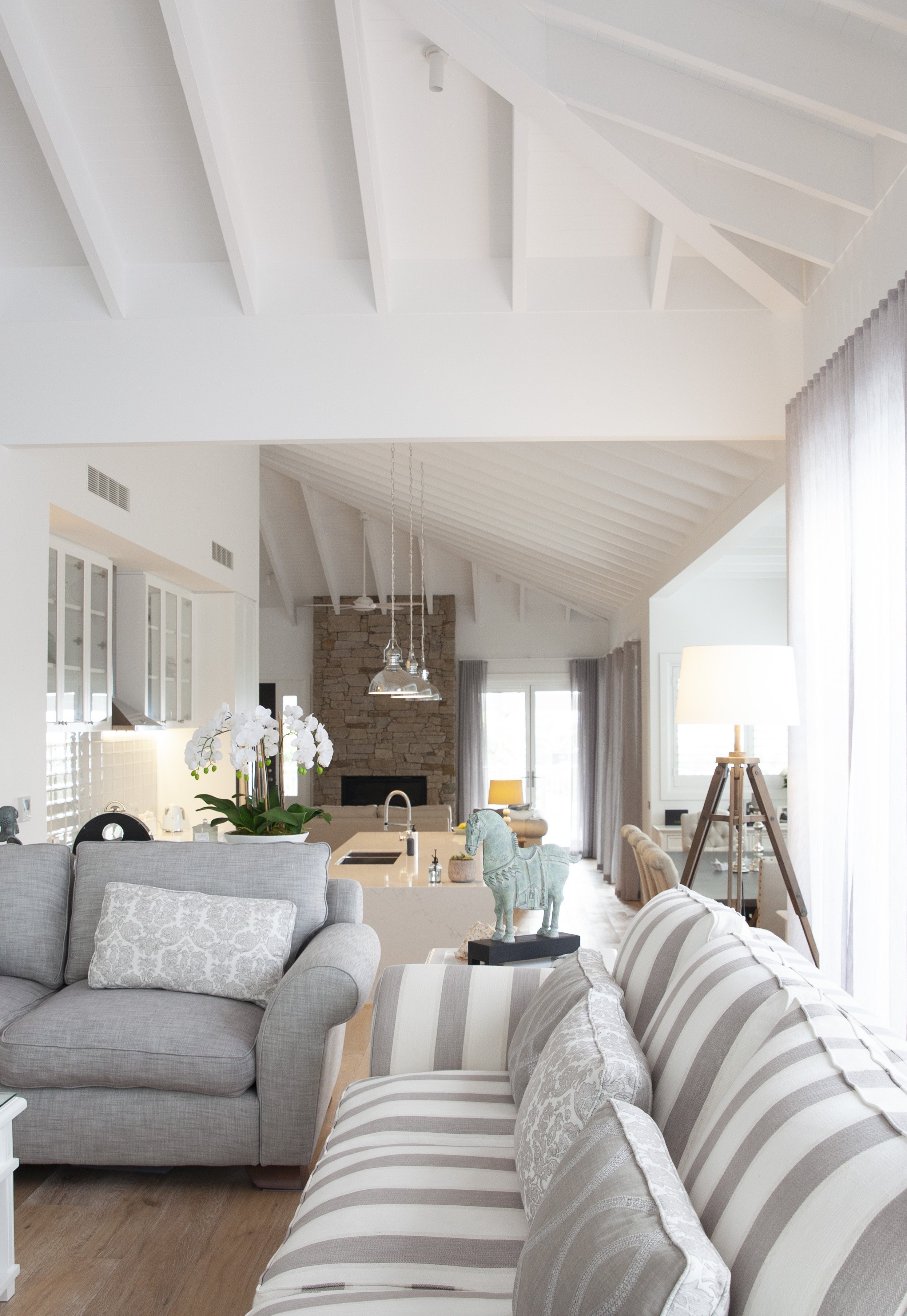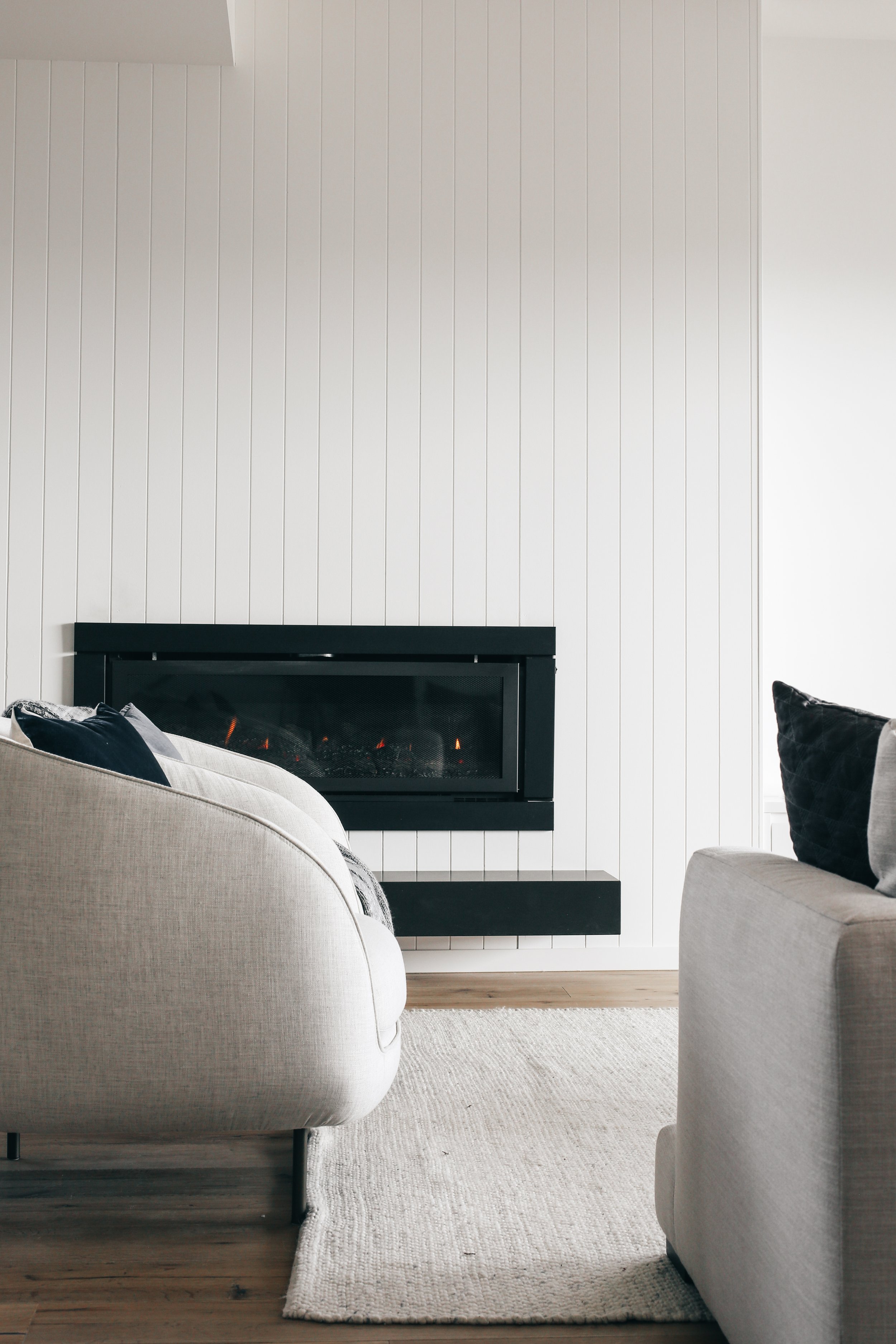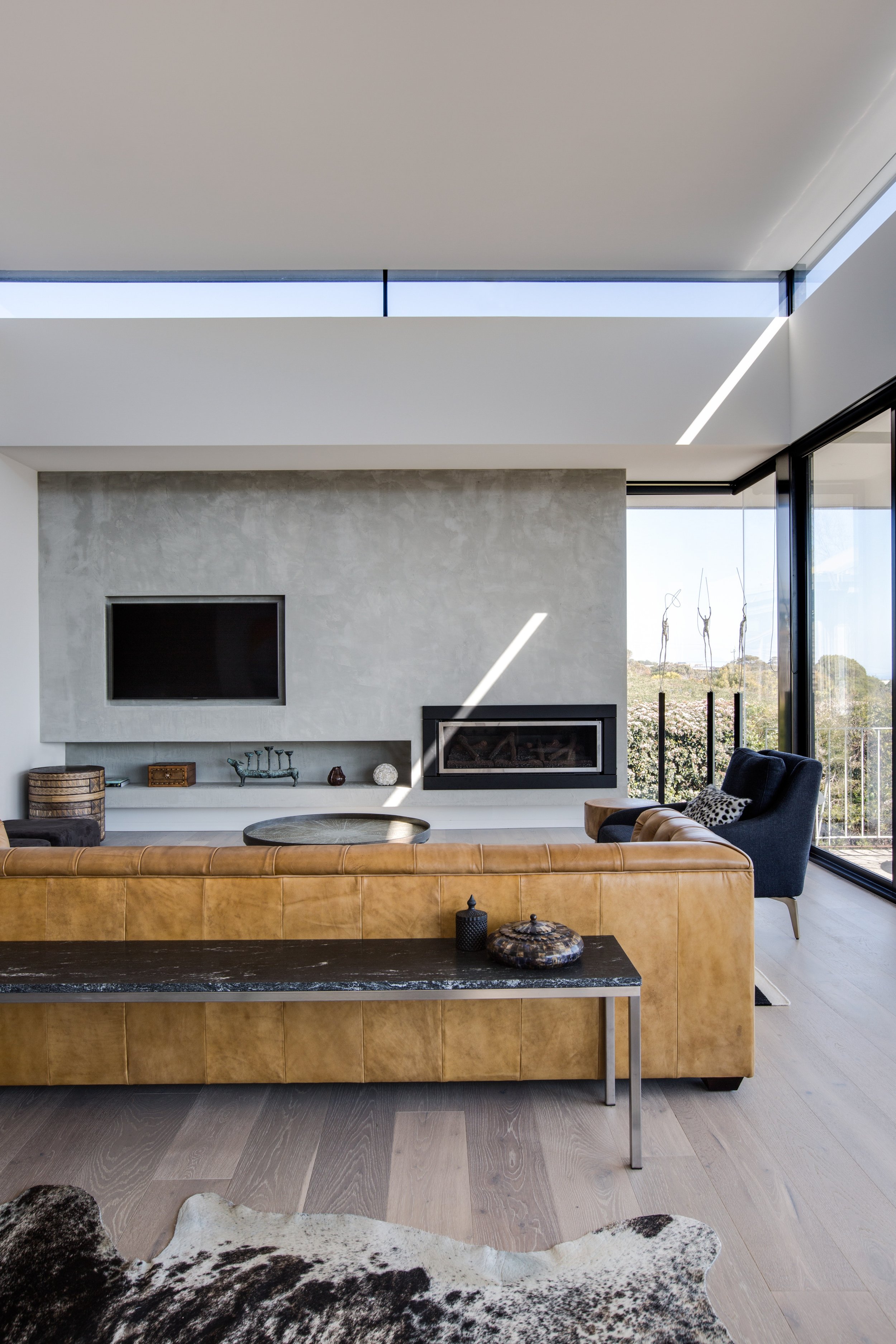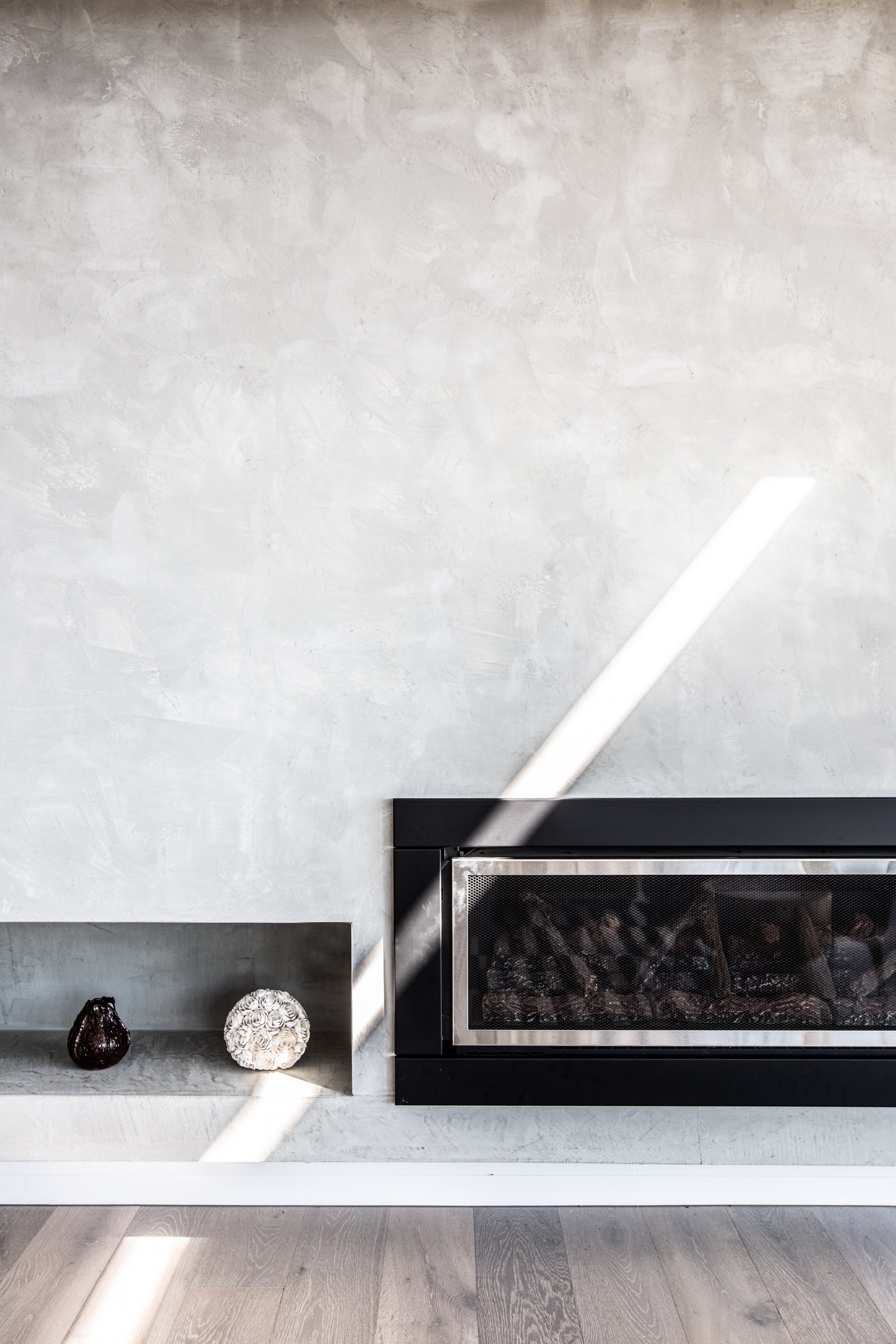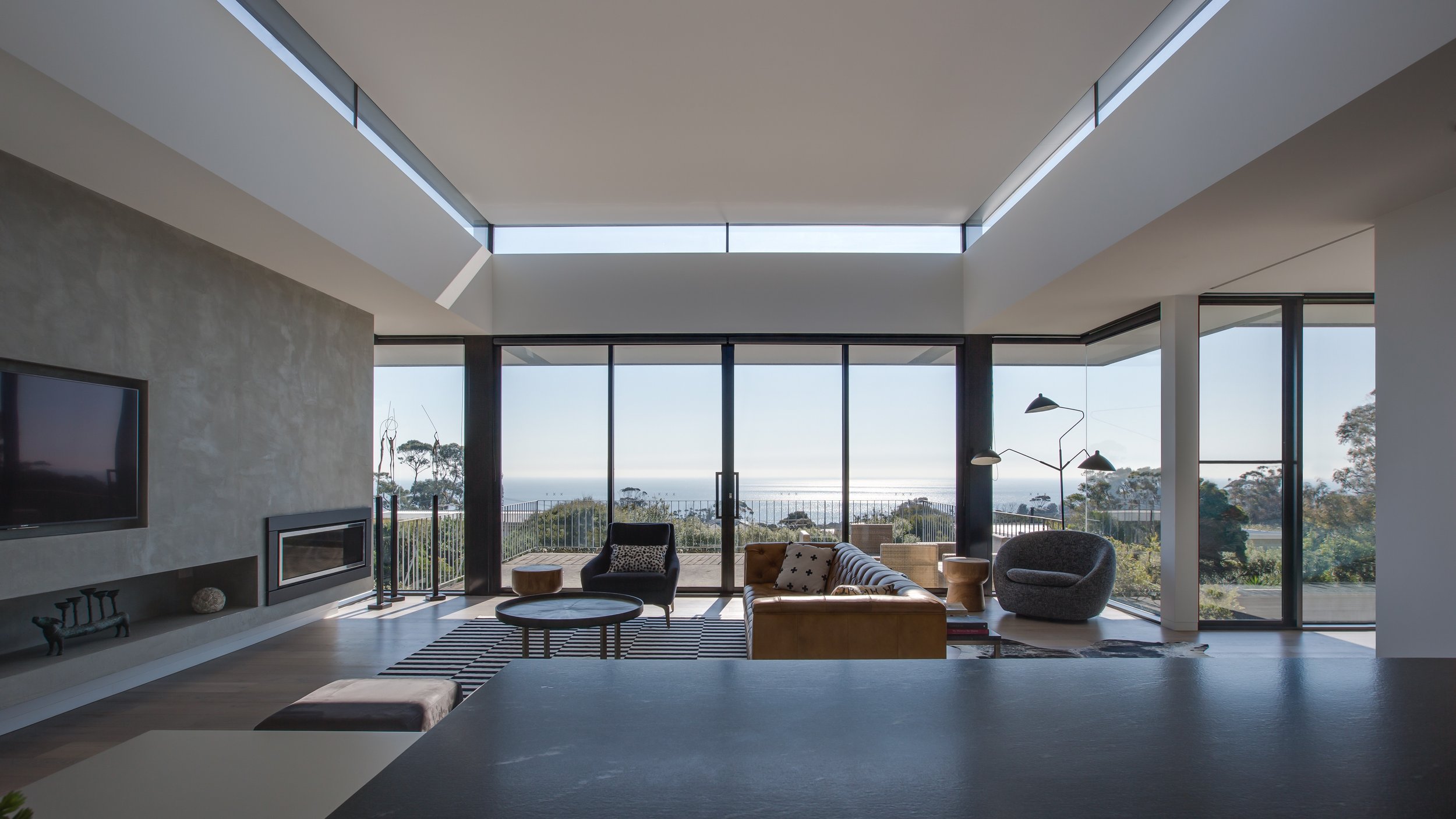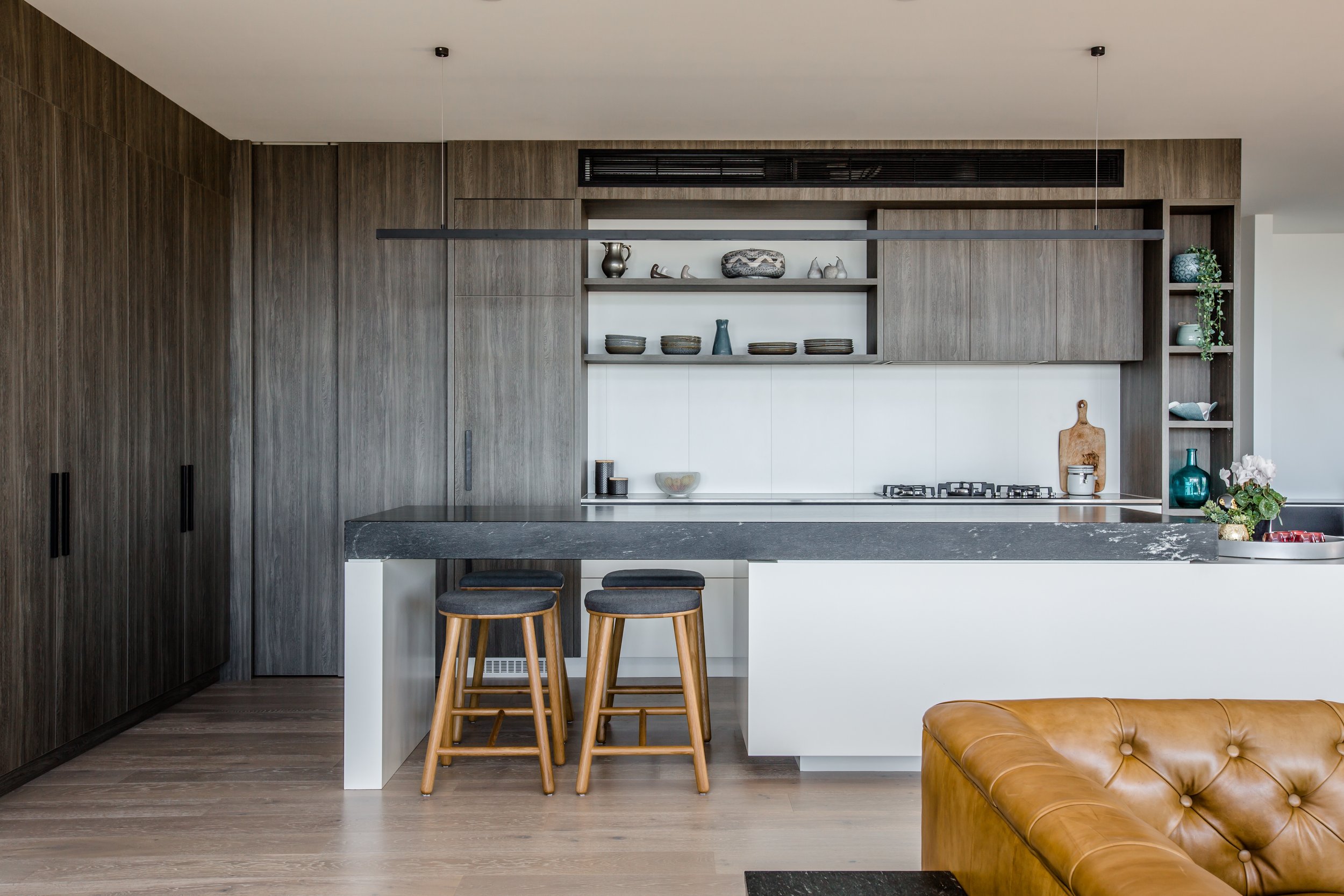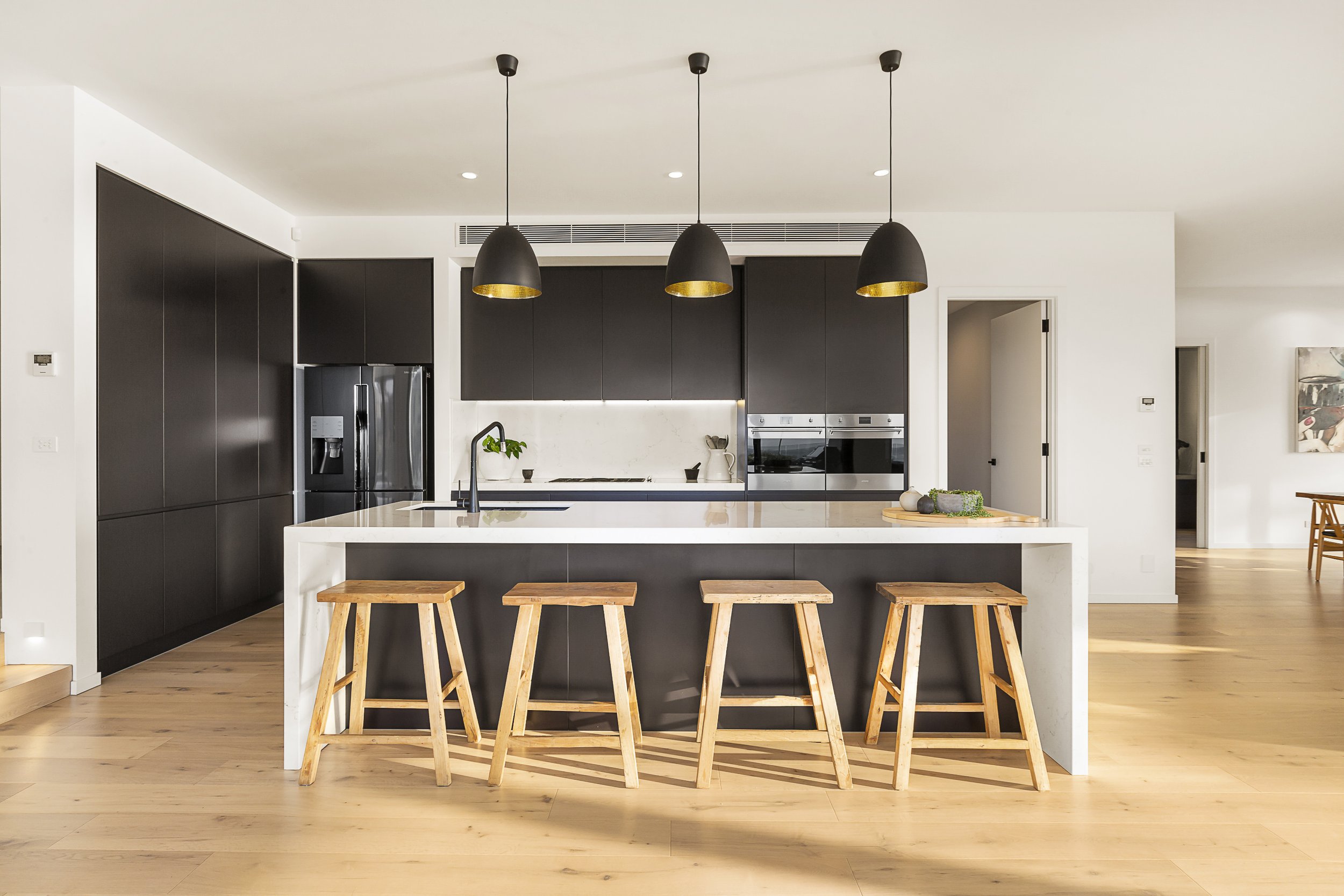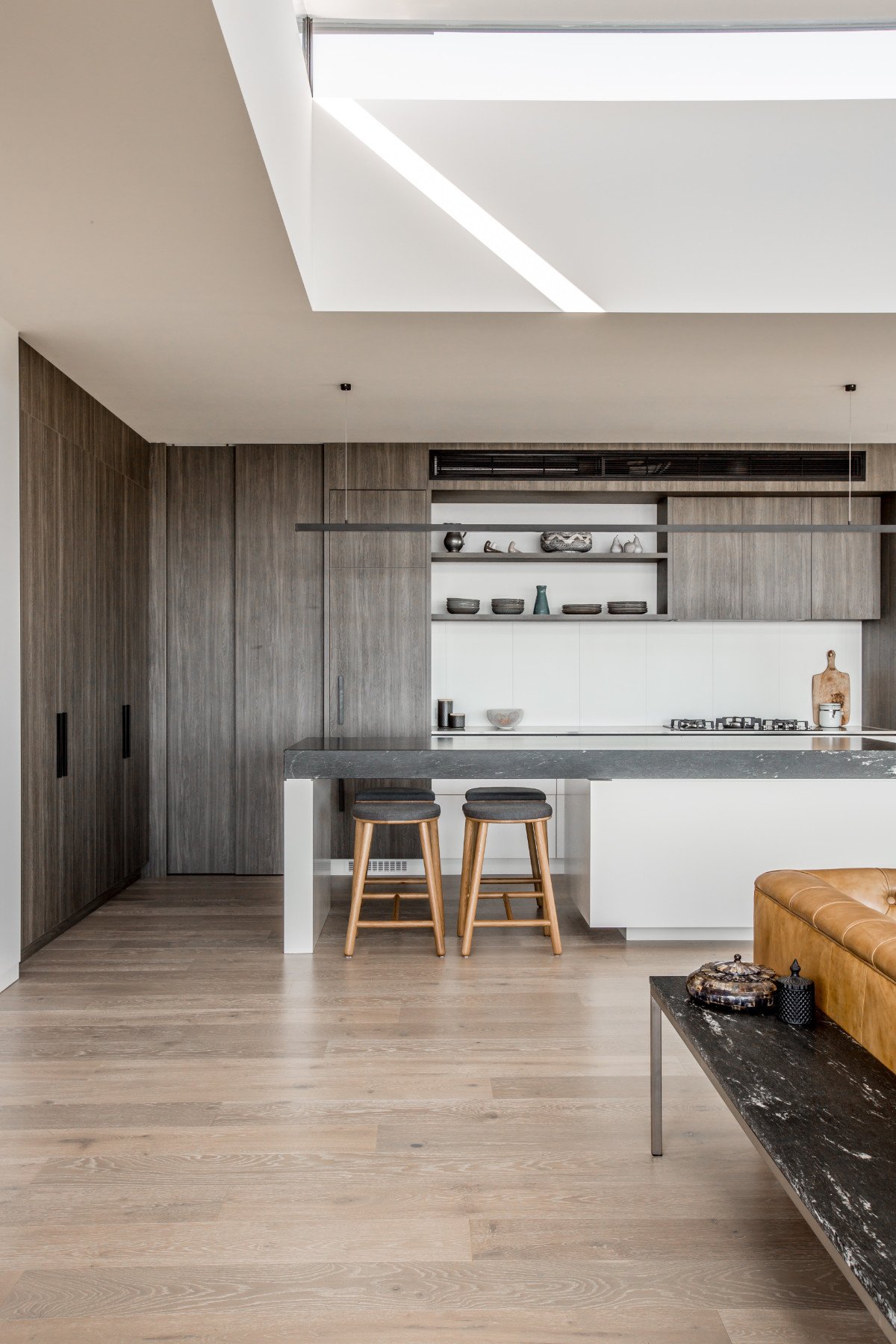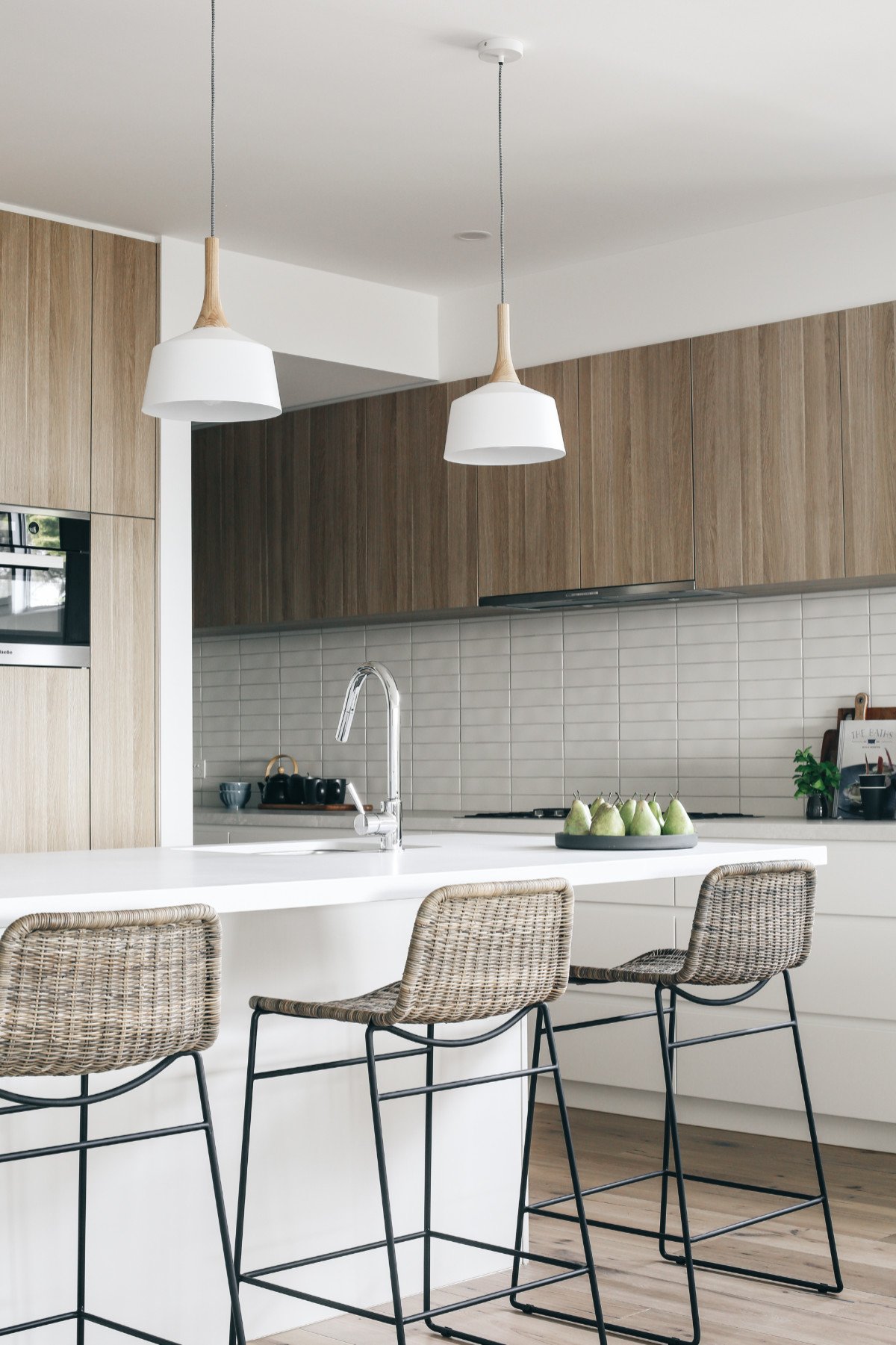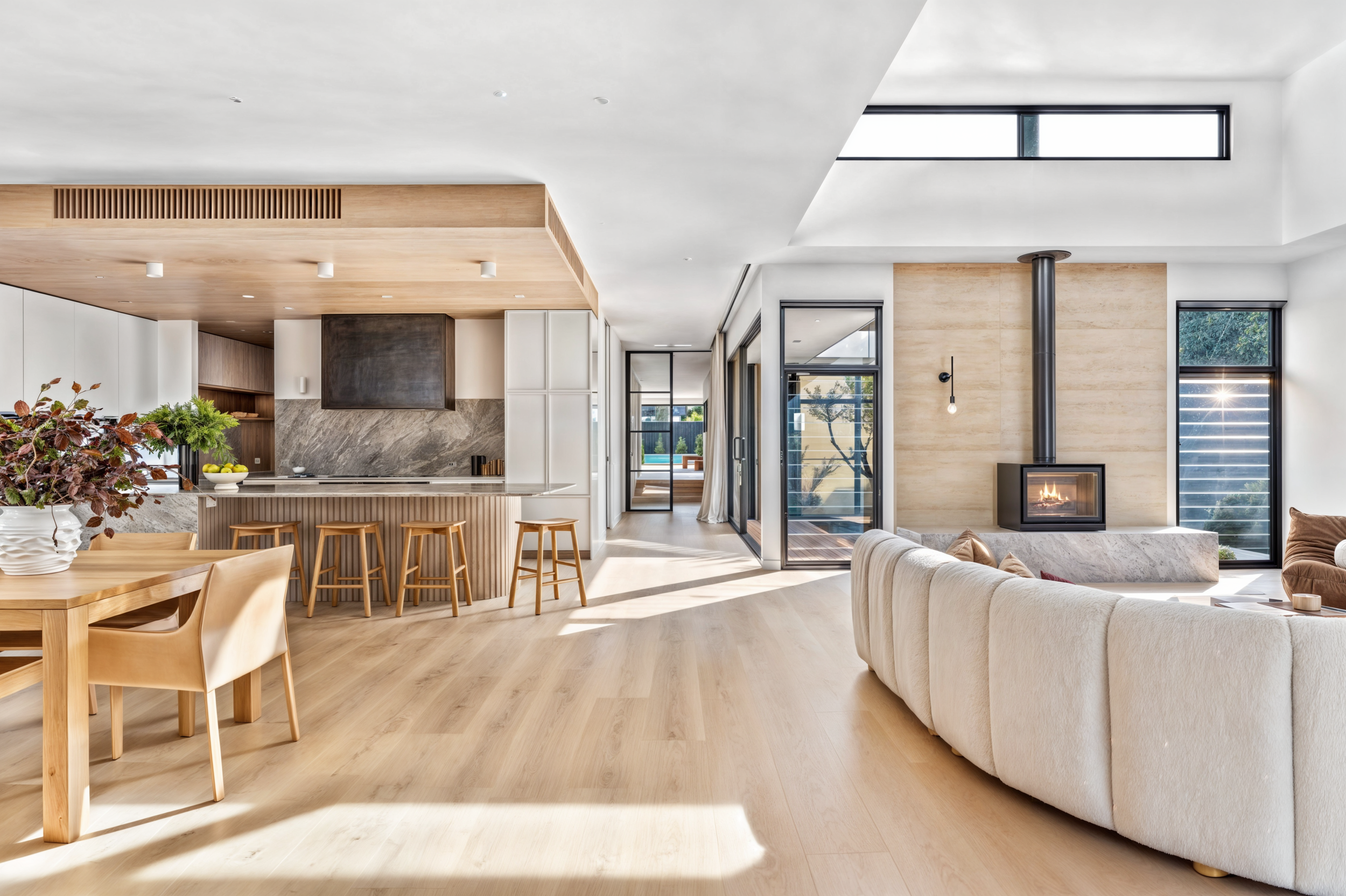The significance of good interior design lies in its ability to transform a house into a harmonious and functional living space that resonates with the unique personalities and preferences of its occupants. Beyond mere aesthetics, thoughtful interior design contributes to the overall well-being of the inhabitants by creating an environment that is both visually pleasing and conducive to daily activities. The choice of colours, materials, and furnishings plays a crucial role in setting the mood and ambiance of each room, influencing the residents' emotions and behaviours. A well-designed interior not only enhances the aesthetic appeal but also fosters a sense of comfort and tranquility, making the home a retreat from the stresses of the outside world.
Furthermore, good interior design is instrumental in maximizing the functionality and efficiency of a living space. Thoughtful spatial planning and organization can optimize the use of available space, ensuring that rooms serve their intended purposes while maintaining a sense of openness and flow. Well-designed interiors take into account the practical needs of residents, providing storage solutions, ergonomic furniture arrangements, and intuitive layouts.
In essence, the importance of good interior design lies in its power to transform a house into a personalized and functional sanctuary that not only reflects the residents' tastes but also enhances their daily lives through a thoughtful blend of aesthetics and functionality.
interior Design
